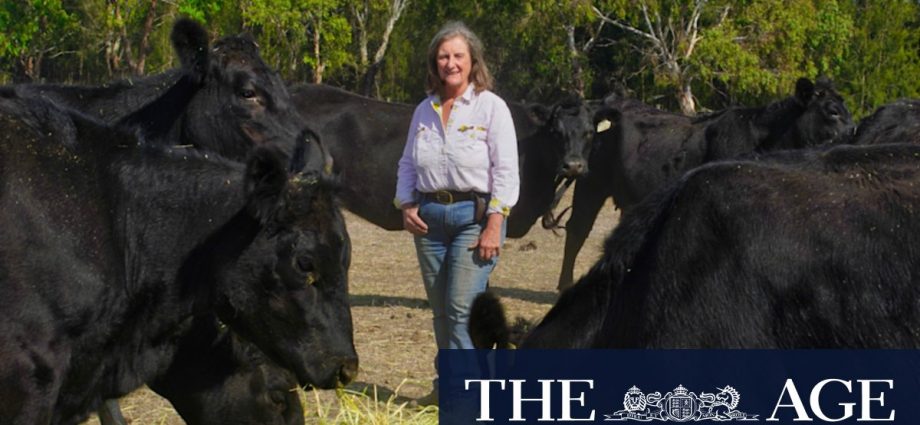The federal government has estimated that a foot-and-mouth outbreak could cost $80 billion.
Biosecurity expert and Monash University professor Melodie McGeoch said US imports of uncooked beef are banned because of the risk of disease or insects entering Australia, which would cause huge disruptions to the local industry.
“In biosecurity once it’s here, many of these diseases, they’re really expensive to manage and potentially to eradicate them,” said McGeoch.
She said it would be extremely difficult for the US to overturn the ban, which depends on many factors, including which part of the country the beef was produced.
Prime Minister Anthony Albanese spoke to farmers shortly after Trump’s announcement and repeated his previous commitment to maintain Australia’s world-leading biosecurity regime.
Previously, on Wednesday, he said any move to weaken standards would be akin to “cutting off your nose to spite your face”.
Opposition Leader Peter Dutton said the tariffs “is actually going to be bad for consumers in the United States”.
“They require our beef patties for their market,” Dutton said.

Albanese speaking at a press conference this morning in Melbourne about the tariffs. Credit: Alex Ellinghausen
Victorian Farmers Federation President Brett Hosking said there was widespread disappointment among the farm community, which has enjoyed a productive relationship with the US under the existing free trade agreement.
“It feels like this has been done to a friend,” Hosking said.
However, he said the tax hike would be felt primarily by consumers in the US, given the American cattle herd is at record lows due to widespread drought.
Global beef demand is soaring, prices are riding high and Hosking said Australia can afford to prioritise its disease protections.
“We could also find other markets that will be at a similar price point to the US so in terms of impact on our farmgate price, it’s barely going to be noticeable.”
“Australia produces some of the cleanest, safest and healthiest food in the world.”

Cattle farmer Fiona Conroy at her farm in St Leonards.Credit: Luis Enrique Ascui
Victorian cattle producer Fiona Conroy said the tariffs were disappointing but unsurprising and argued it “isn’t worth compromising biosecurity standards in response to the tariffs”.
“It’s great that the government has identified that we need to pursue other markets. There is a growing global demand for red meat, so we just need to make sure we’re positioned well to tap into that,” Conroy said.
Loading
The Red Meat Advisory Council, a livestock peak body, calculated that the 10 per cent tariff on Australian beef, which goes into 6 billion US hamburgers each year, would cost US consumers an additional $600 million a year.
Cut through the noise of federal politics with news, views and expert analysis. Subscribers can sign up to our weekly Inside Politics newsletter.


